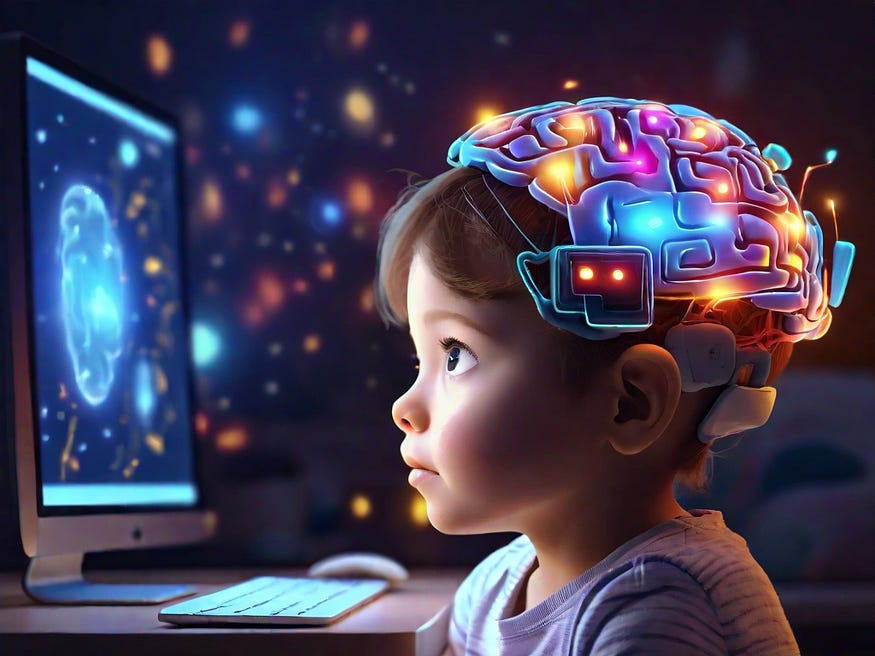Understanding the Effects of Screen Time on Children’s Brain Development

The impact of screen time on children’s brain development has been studied for over 23 years using neuroimaging. Policymakers, educators, and caregivers can benefit from the positive and negative effects of screen time to provide better care for children in the digital age.
Neuroimaging studies show that screen time can cause significant changes in the pre-frontal cortex, which affects working memory and sensory processing in other areas of the brain, including the parietal, temporal, and occipital lobes. Chair Professor Hui Li’s insights offer effective strategies to balance screen time recommendations and innovative approaches for cognitive development.
Experts from Hong Kong, China, and Australia have conducted extensive research on the brain’s plasticity during critical developmental periods from January 2000 to April 2023. Their studies show that digital experiences such as tablet usage, video gaming, and internet activities can negatively impact attention, cognitive processes, and functional connectivity. However, six studies have shown that digital experiences can have positive impacts as well. These include improved focusing, enhanced cognitive skills, and bolstered executive functions.
It’s important to base decisions on empirical evidence and for educators and caregivers to be aware of the impact of technology on children. The team calls for suitable guidance and involvement to balance the negative and positive outcomes of technology, emphasizing the need for a nuanced approach. Further research on the nuances of digital impact, including longitudinal studies, is recommended to gain a more comprehensive understanding.
In conclusion, balancing the negative and positive impact of technology on children’s development requires a nuanced approach. Policymakers, educators, and caregivers must work together to protect and enhance the delicate development of young minds.
Comments
Post a Comment